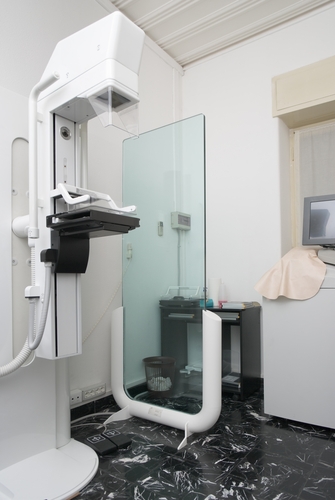Within the last year, telemedicine has steadily emerged as one of the more intriguing and innovative aspects of modern health care. The ability to share medical imaging data and health records across various practices improves quality of care for both radiologists and patients.
Health Management Technology explained that radiology has been one of the main drivers behind the advancement of telemedicine. The implementation of new-age PACS that are equipped with speech recognition software enhances clinical workflows as clinical information continues to shift toward digital platforms.
The advantage of many PACS systems is their ability to receive electronic images from multiple modalities and forward the results onto disparate platforms at a range of practices. The Radiological Society of North America has bolstered data exchange through its Image Share network that enables radiologists and other physicians to easily share scans with patients and institutions. This system has been integrated at several large health systems, including the Mayo Clinic, Mount Sinai Medical Center and University of Maryland Medical Center.
Telemedicine has the potential to empower patients to take control of their health care by granting deeper access to medical information. When traveling between specialists, their data can follow them to each office, giving doctors comprehensive clinical histories to review when ordering diagnostic radiology exams or administering new treatments for conditions. With the ultimate goal of improving patient safety and health outcomes, telemedicine might hold the key to successful health care reform.
Moving ahead with interstate licensure
One of the most prevalent roadblocks to advancing telemedicine has been the issue of obtaining medical licenses in various states. To practice health care outside of their residencies, providers had to engage in a lengthy process to treat patients. However, recently drafted legislation aims to ease these woes.
According to AuntMinnie.com, the Federation of State Medical Boards has completed its drafting process for a model bill that would develop an Interstate Medical Licensure Compact. The system would expedite applying for out-of-state licenses and replace the current systems in states that adopt the new method. The FSMB believes this will reduce barriers to gaining licensure in multiple states, making health care more portable and increasing the growth of telemedicine.
Under the drafted compact, physicians could apply to a participating state for an expedited license that would wield the same unrestricted clinical permissions as standard medical licensure. Joining the initiative is optional for both doctors and states, the latter of which can maintain control over the process through coordinated legislative and administrative processes.
In addition, the model would establish the Interstate Medical Licensure Compact Commission to oversee the program and handle applications. To participate, radiologists have to submit an application to their state of principal licensure to be evaluated for inclusion in the interstate commission.
The expedited license program could expand the capabilities of telemedicine and usher in a new era of clinical efficiency. Both providers and patients would jump through fewer hoops to administer and receive care, with PACS data and electronic health records flowing between facilities with ease.
Contact Viztek for more information.
Ronny Bachrach
Latest posts by Ronny Bachrach (see all)
- Konica Minolta Debuts First-of-Its-Kind Digital U-Arm System at AHRA - July 27, 2016
- Researchers Detect Signs Of Stroke Risk Using MRI - June 27, 2016
- Imaging Biz: Q&A with David S. Channin MD: How to Make PACS Patient Centered - June 22, 2016










